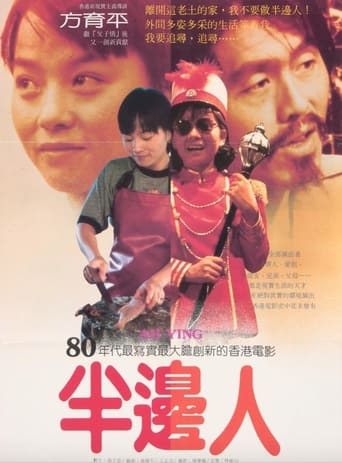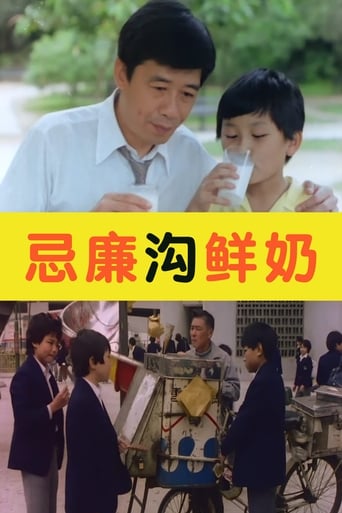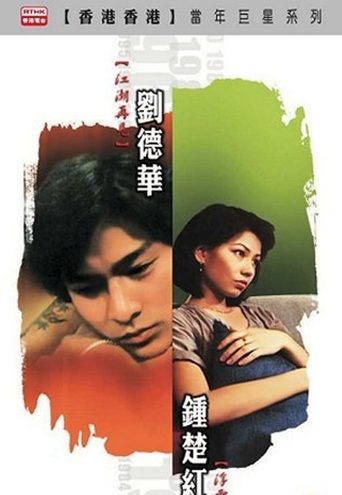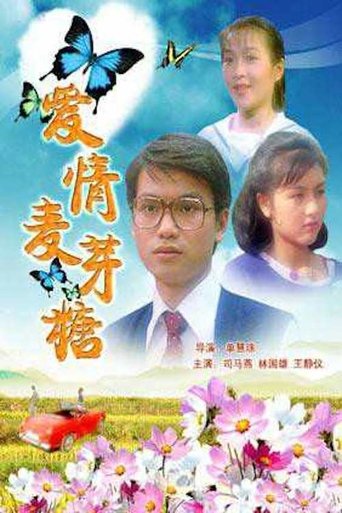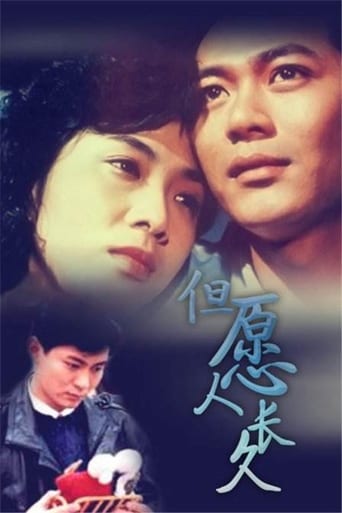
Rachel Zen
Rachel Zen was born in Shanghai in 1951 and studied journalism in Taiwan. She worked as a journalist for two years, going to the movies every Sunday and fostering an interest in film. She later moved to Hong Kong, first working at the news department of Rediffusion Television (RTV, now ATV), but her lack of fluency in Cantonese was an obstacle to her work in news. She thus applied to be a camerawoman in the photography department. The news editor at the time thought the camera crew was too dangerous for a woman and she was sparingly used, until editor/producer Clarence Chang Ching-po gave Zen a chance to prove herself as cameraperson. While still at RTV, Zen sent a letter that listed all the photography awards she won to TVB’s Chung King-fai, who invited her for an interview and hired her as assistant director. Her fellow ADs at the time included later New Wave stalwarts Patrick Tam Karming and Ann Hui as well as Kam Kwok-leung. After two years at the job and amid a shortage in staff at TVB, Zen was promoted to director after her short film on toys became hugely popular with children. She continued her career as a director at Radio Television Hong Kong (RTHK) for almost 20 years after she departed TVB. Influenced by the organization’s research-focused culture, Zen developed a penchant observing and analyzing humanity in her work. While at RTHK, she was involved with programs such as the When We Were Young series and Hong Kong Hong Kong. Zen ventured into filmmaking in the early 1980s, debuting with Cream, Soda and Milk (1982), a drama about social problems of children starring Eddy Chan and Deannie Yip and a key work in the influential New Wave. Her sophomore project, Love Bittersweet (1984) is a romantic comedy starring Sibelle Hu. Life Goes On (1989), a social drama based on a RTHK television series of the same title, was released to commemorate the 60th anniversary of the broadcast station. Zen had also lectured at the Chinese University of Hong Kong and the Hong Kong Academy for Performing Arts. In 2000, she shot the documentary program, Never Forget, for TVB. Since she did not have a background in documentary filmmaking, she did not confine herself to any expectation, allowing narratives to develop organically in pursuit of humanity. Zen believes that today’s viewers are interested in the pursuit of truth, thus she harbors much optimism for the documentary form. Returned to Hong Kong after immigrating overseas, Zen established a company that engaged in media writing and the production of dramas and documentaries. - http://www.hkfilmdirectors.com/en/director/zen-rachel
- Taitara: Rachel Zen
- Rongonui: 0.001
- E mohiotia ana mo: Directing
- Ra whanau:
- Te Whanautanga:
- Kāinga:
- E mohiotia ana ano: 单慧珠, 單慧珠

